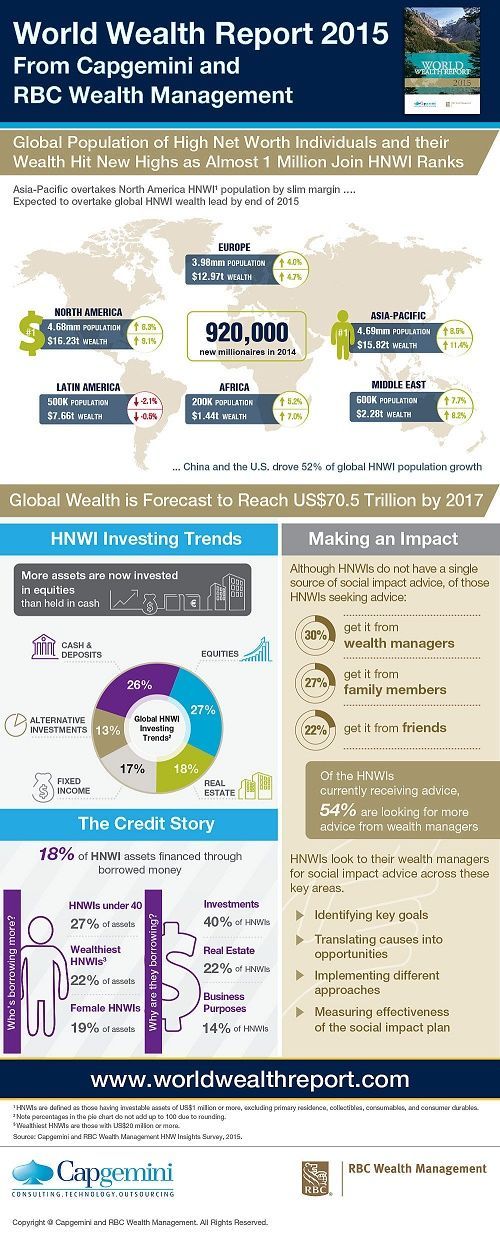- Revenue Cycle Management
- COVID-19
- Reimbursement
- Diabetes Awareness Month
- Risk Management
- Patient Retention
- Staffing
- Medical Economics® 100th Anniversary
- Coding and documentation
- Business of Endocrinology
- Telehealth
- Physicians Financial News
- Cybersecurity
- Cardiovascular Clinical Consult
- Locum Tenens, brought to you by LocumLife®
- Weight Management
- Business of Women's Health
- Practice Efficiency
- Finance and Wealth
- EHRs
- Remote Patient Monitoring
- Sponsored Webinars
- Medical Technology
- Billing and collections
- Acute Pain Management
- Exclusive Content
- Value-based Care
- Business of Pediatrics
- Concierge Medicine 2.0 by Castle Connolly Private Health Partners
- Practice Growth
- Concierge Medicine
- Business of Cardiology
- Implementing the Topcon Ocular Telehealth Platform
- Malpractice
- Influenza
- Sexual Health
- Chronic Conditions
- Technology
- Legal and Policy
- Money
- Opinion
- Vaccines
- Practice Management
- Patient Relations
- Careers
Study: Almost 1 Million People Became Millionaires Last Year
Nearly 1 million people became millionaires in 2014, and more than half of those newly minted millionaires came from the US and China, according to a new survey.

Nearly 1 million people became millionaires in 2014, and more than half of those newly minted millionaires came from the US and China, according to a new survey.
Capgemini and RBC Wealth Management on Wednesday released their annual World Wealth Report, showing 920,000 people worldwide became millionaires in 2014.
The study looks at the population and assets of High Net Worth Individuals, or HNWIs, across the globe. It defines HNWIs as people with more than $1 million US dollars in assets. There are now an estimated 14.6 million such people in the world. They have a combined wealth of $56.4 trillion, up 7% from last year.
Most of that wealth is in North America, which controls about $16.2 trillion, versus $15.8 trillion in the Asia-Pacific region. However, the wealth of the Asia-Pacific region grew at a faster rate than any other region, helping it overtake North America as the region with the most millionaires.
About 4.69 million millionaires live in the Asia-Pacific region, versus 4.68 million in North America. Europe has 4.0 million millionaires, the study found. However, George Lewis, group head of RBC Wealth Management and RBC Insurance, said that could soon change.
“Looking ahead to the next few years, we expect Europe to be a large driver of HNWI wealth as the region recovers economically,” Lewis said, in a press release.
On a country-level basis, more than half of the HNWI population growth came in the US and China. However, India’s wealth is also growing quickly. India’s HNWI population grew by 26% this year and that group’s wealth grew by 28%, thanks to strong equity market performance and the reduced cost of oil imports, according to the survey.
Only one region saw its population of millionaires decline. In Latin America, falling commodity prices caused the HNWI population to drop by 2% and their wealth to drop by half a percentage point.
The study not only looked at where the world’s wealth sits geographically. It also looked at the chosen asset classes of HNWIs. The study found equities now make up 27% of HNWI portfolios, overtaking cash as the preferred asset class of the group.
“Increased exposure to equities indicates a slowly expanding appetite for risk as High Net Worth Individuals show comfort in equities taking up a larger portion of portfolios, as asset values rise,” said Andrew Lees, global sales officer at Capgemini Global Financial Services.
The study indicates the wealth of millionaires will continue to rise. By the year 2017, the report projects that HNWI will control about $70.5 trillion US dollars.
More study results can be found in the infographic below (click the image for a larger version). The full study is available here.

